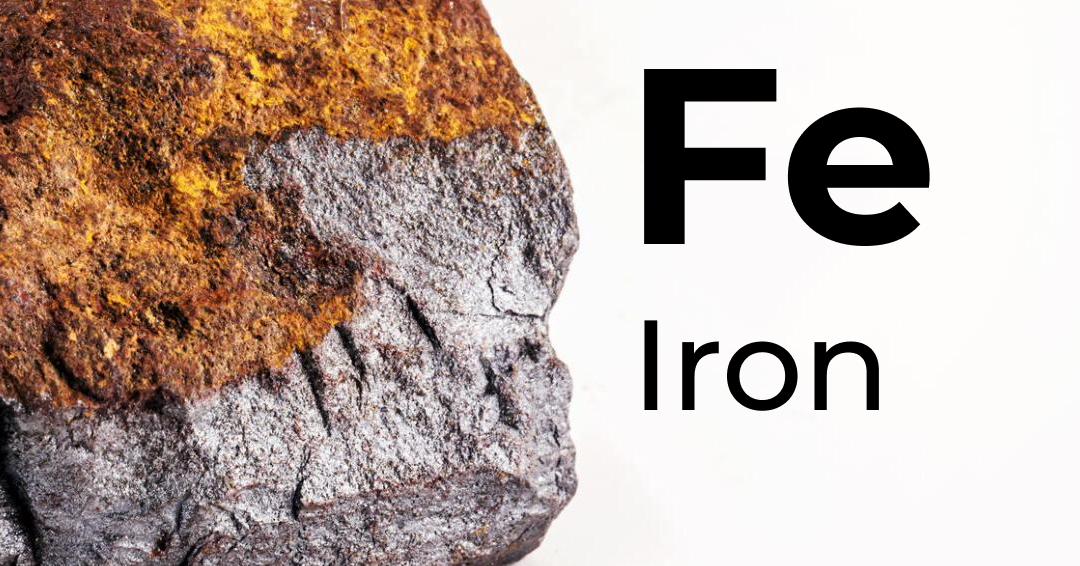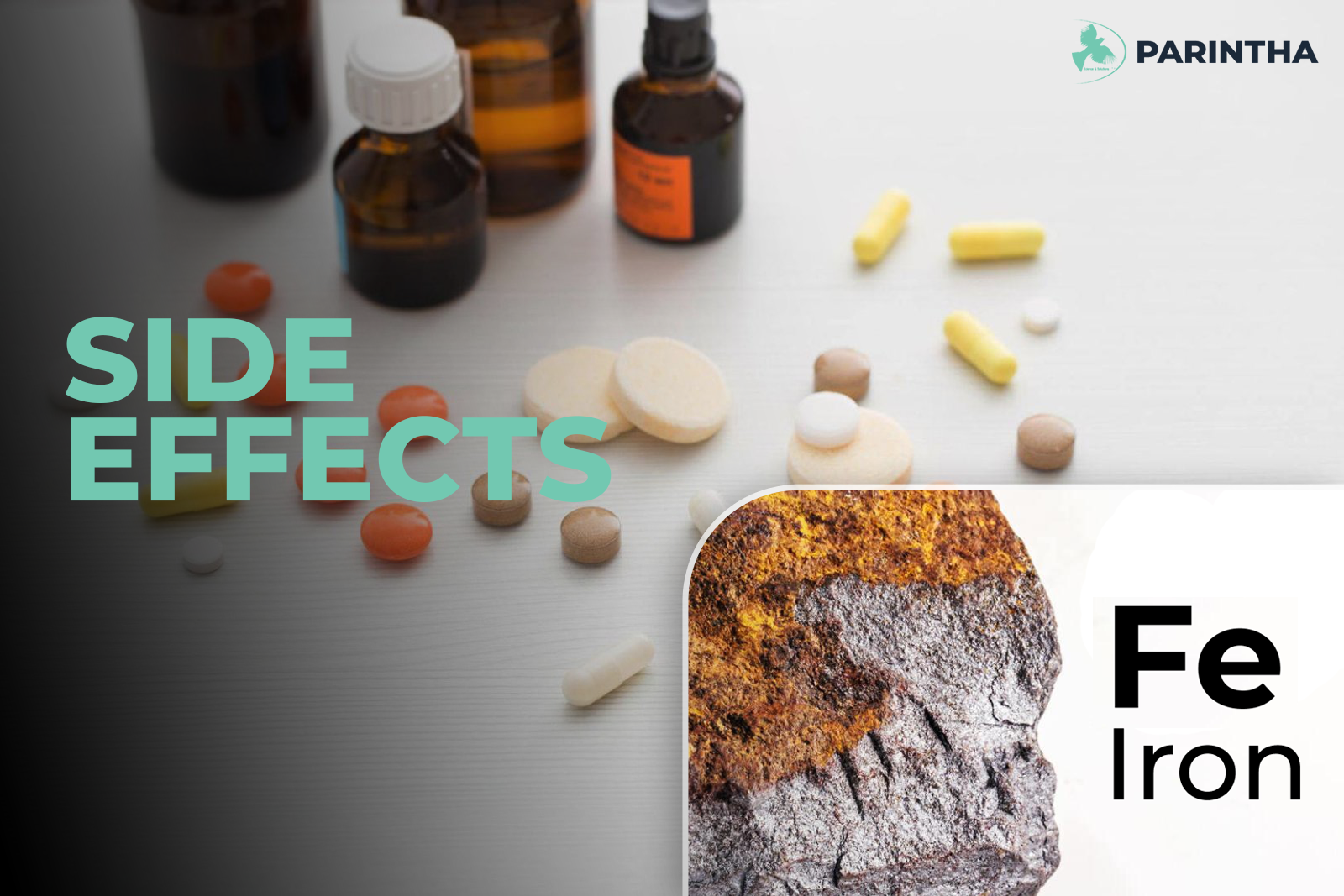 24Apr
24Apr Iron deficiency and Thyroid:
Iron is an essential micronutrient for cell energy and metabolism. Iron deficiency is the most common nutritional deficiency worldwide and can lead to decreased extracellular iron in the bone marrow and lower serum ferritin. This deficiency can adversely affect thyroid metabolism, particularly in reproductive-age women and pregnant women. Relationship between Iron and Thyroid Hormones Iron and thyroid hormone metabolism are closely related. Iron is important in the synthesis and metabolism of thyroid hormones, serving as a component of many enzymes involved in the process. Iron deficiency can cause abnormal functioning …

